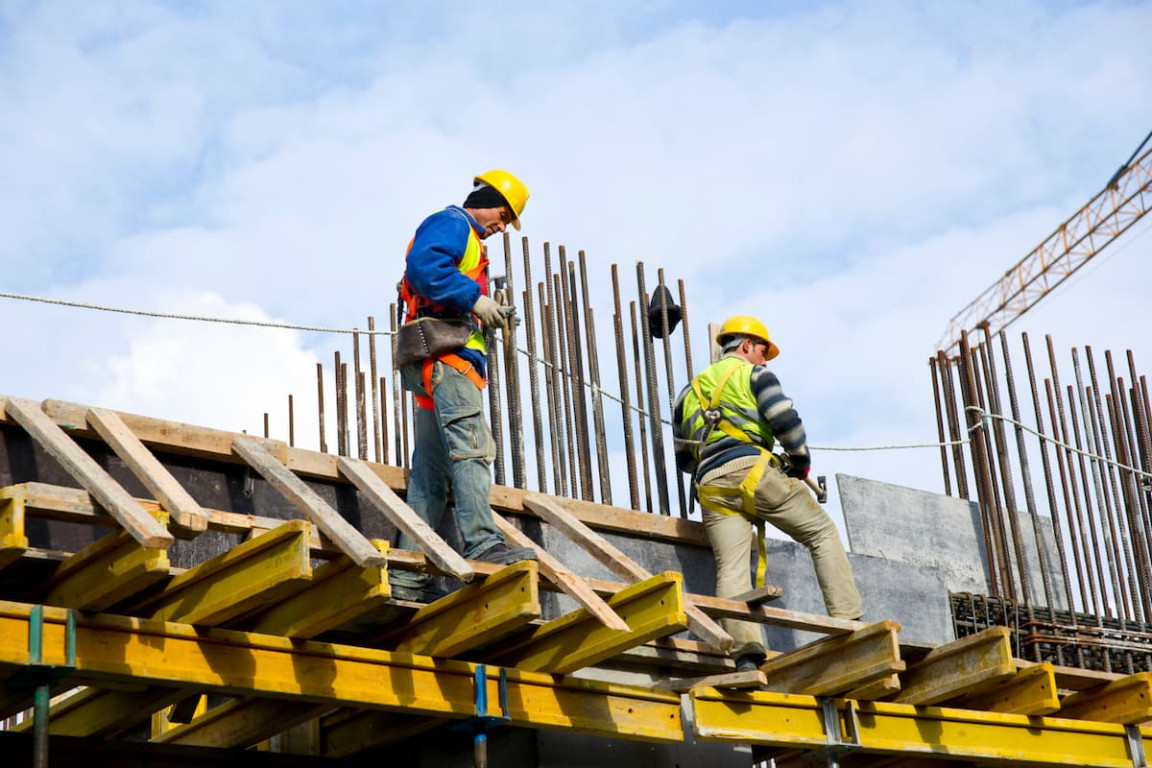Purchasing a home is one of the most significant decisions you’ll ever make. It’s an exciting process that brings the promise of a new chapter in your life. However, as thrilling as it is, buying a home requires a great deal of thought and preparation. If you’re considering houses for sale, there are several key points to keep in mind to ensure you’re making a sound investment. Here are 5 things you must know before buying houses for sale.
1. Understand Your Budget and Financing Options
Before you start browsing listings and envisioning your dream home, it’s crucial to have a clear understanding of your budget. Knowing what you can afford and having your financing lined up is the first step in ensuring a smooth home-buying journey. This is not just about what you can borrow, but also about understanding the long-term costs of homeownership, including property taxes, insurance, and maintenance.
A good place to start is by consulting with a financial advisor or mortgage broker to explore your options. Whether it’s a fixed-rate mortgage or an adjustable-rate mortgage, understanding the differences can have a significant impact on your future payments. You might also want to factor in other costs, such as homeowner association (HOA) fees, repairs, and any potential upgrades.
Being realistic about your budget allows you to narrow down your choices and focus on homes within your price range. This will prevent the disappointment of falling in love with a property that’s out of reach. It’s one of the most important must-know tips for house buyers to keep in mind.
2. Location Is Everything
When it comes to real estate, the age-old adage “location, location, location” remains as relevant as ever. No matter how perfect a house may seem, if it’s in an inconvenient or undesirable location, it might not be the right fit for you. Factors like proximity to work, school, shopping, public transportation, and healthcare can make a significant difference in your quality of life.
Spend time exploring the neighborhoods you’re considering. Is it safe? Are there parks or other amenities nearby? Is the area prone to flooding, or does it have a high crime rate? These are critical considerations that can affect your daily life and, in the long term, the value of your home. You can always renovate the house, but you can’t change its location.
Before you buy, get to know the community. Visit during different times of the day to see what the traffic and noise levels are like. You’ll also want to research the area’s future growth potential. A neighborhood that’s up-and-coming could offer long-term value, while a community that’s declining might not be a wise investment.
3. The Condition of the House Matters
Even if a house looks picture-perfect from the outside, it’s crucial to dig deeper and assess its condition. A pristine façade could hide underlying issues like structural problems, plumbing issues, or electrical faults. This is why a professional home inspection is non-negotiable.
An inspection will identify any hidden defects or areas that need repairs or upgrades. It can also provide leverage when negotiating the sale price, allowing you to request repairs or a reduction in price if serious issues are found. Always make sure the home has been thoroughly inspected before signing anything. This is a key part of the pre-buying house checklist that ensures your investment is sound.
Remember that older homes may require more frequent maintenance, and the costs could add up over time. It’s also wise to check the age of major systems like the HVAC, plumbing, and roof. If these elements are nearing the end of their lifespan, you could be facing expensive repairs sooner than expected.
4. Don’t Forget About Future Resale Value
While it’s important to focus on your personal needs, buying a home should also be seen as an investment for the future. Even if you plan to live in the property for many years, you’ll eventually want to sell it one day. Important info before buying homes includes considering the property’s resale value.
Look at factors such as the home’s size, layout, and condition, as well as its location. Homes with good curb appeal, ample natural light, and functional layouts tend to hold their value better. Similarly, homes in areas with a strong job market, good schools, and low crime rates are more likely to see a higher resale value.
When evaluating resale potential, also consider the long-term trends in the housing market. Is the market appreciating or depreciating in that area? If the market is on the rise, your home’s value could increase over time, leading to a healthy return on investment. A well-thought-out decision today can pay off down the road.
5. Understand the Legalities and Paperwork
Real estate transactions involve a lot of paperwork, and the process can be overwhelming if you’re not familiar with the ins and outs of property law. Before you sign any contract, ensure you understand all the terms and conditions, including the purchase agreement, disclosures, and closing costs.
Hiring a real estate lawyer or agent can help navigate these legalities. They will review contracts, ensure the property’s title is clear, and check for any encumbrances or liens on the property. It’s also crucial to understand the zoning laws and land-use restrictions in the area. These regulations can affect what you can or cannot do with your property, so it’s essential to be informed.
In some cases, you may need special permits for renovations or additions. A thorough understanding of the legalities before purchasing a home will save you time, money, and stress.
Final Thoughts
Buying a home is a thrilling and life-changing decision, but it requires careful planning and knowledge. By understanding the things to know before buying, you can avoid common pitfalls and make a well-informed choice. Start with a clear budget, prioritize location, assess the condition of the property, think about future resale potential, and never skip the legal details. Armed with these insights, you’ll be well on your way to making a smart, confident investment in your future home.



:max_bytes(150000):strip_icc()/__opt__aboutcom__coeus__resources__content_migration__mnn__images__2018__03__shutterstock_1051823762-0b00dcf9cd99473cabaff5546d745b0a.jpg)